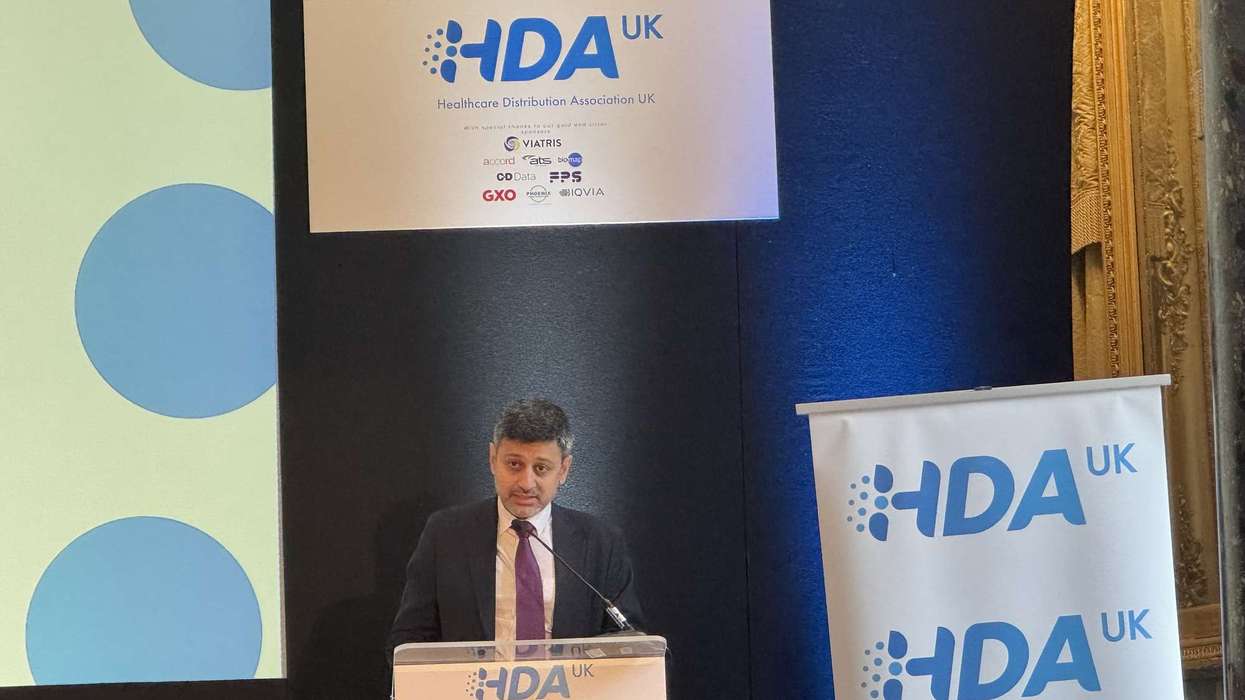A Covid-19 testing laboratory, Wolverhampton in central England has been suspended over concern that it has been incorrectly giving negative PCR test results to people who are infected, the UK Health Security Agency (UKHSA) said today (Oct 15).
NHS Test and Trace launched an investigation into a lab in Wolverhampton after reports of people getting negative PCR test results after testing positive on rapid lateral flow devices (LFDs).
Government advice says PCR tests are more accurate than LFDs, and people can stop self-isolating if a positive LFD result is followed by a negative PCR test result.
UKSHA said that an estimated 43,000 people may have been given incorrect negative PCR test results, mainly in South West England, possibly underestimating the number of people with coronavirus between September 8 and October 12.
"We have immediately suspended testing at this laboratory while we continue the investigation," said Dr Will Welfare, public health incident director at UKSHA.
"There is no evidence of any faults with LFD or PCR test kits themselves and the public should remain confident in using them and in other laboratory services currently provided."
Immensa Health Clinic, who run the lab, said they were "fully collaborating" with UKSHA in the investigation.
UKSHA said it was an isolated incident in one laboratory, with samples now being redirected to other labs.
It added the Immensa lab was only a small part of the national network, so overall testing availability was unaffected, and people with a positive LFD test result should continue to get it confirmed with a PCR.











